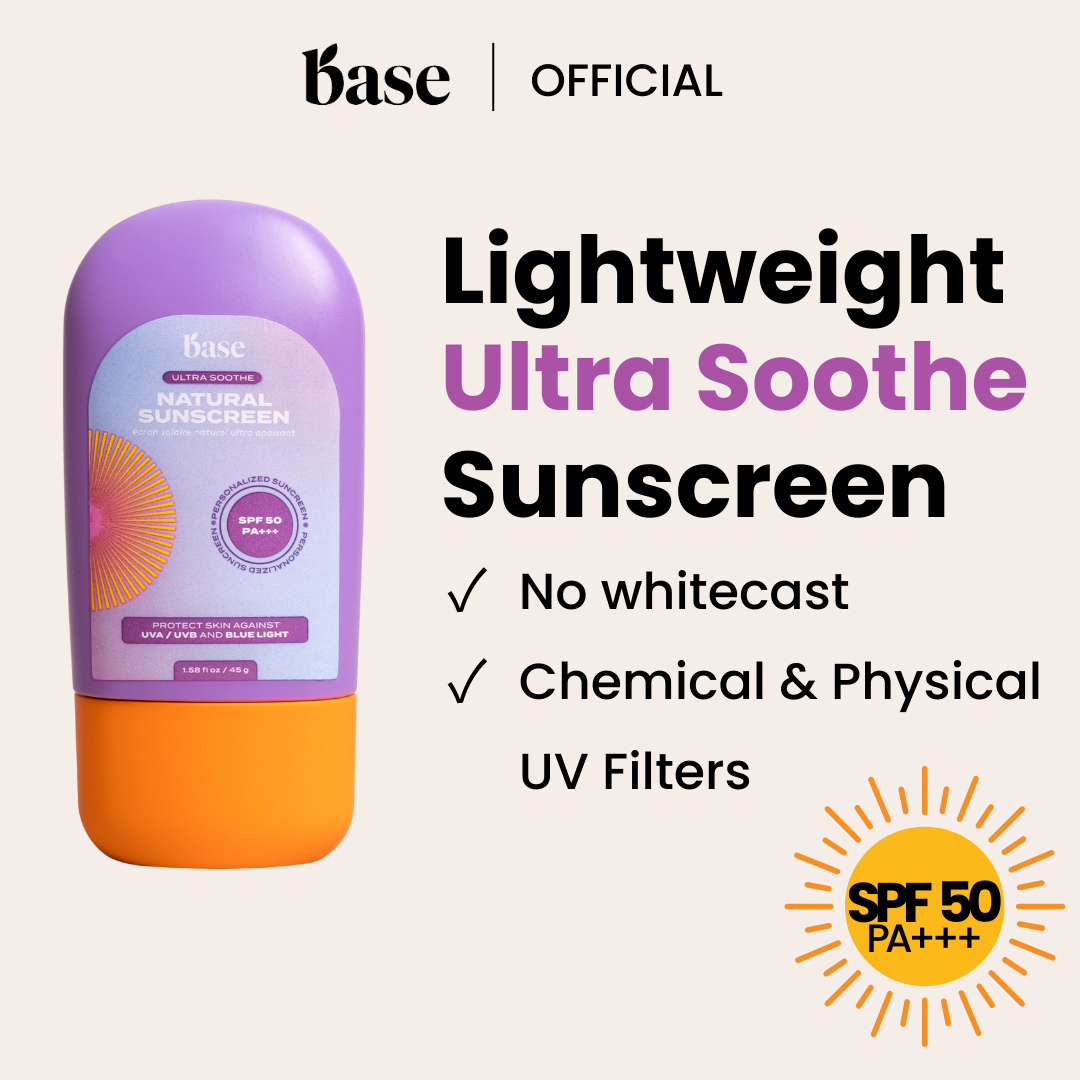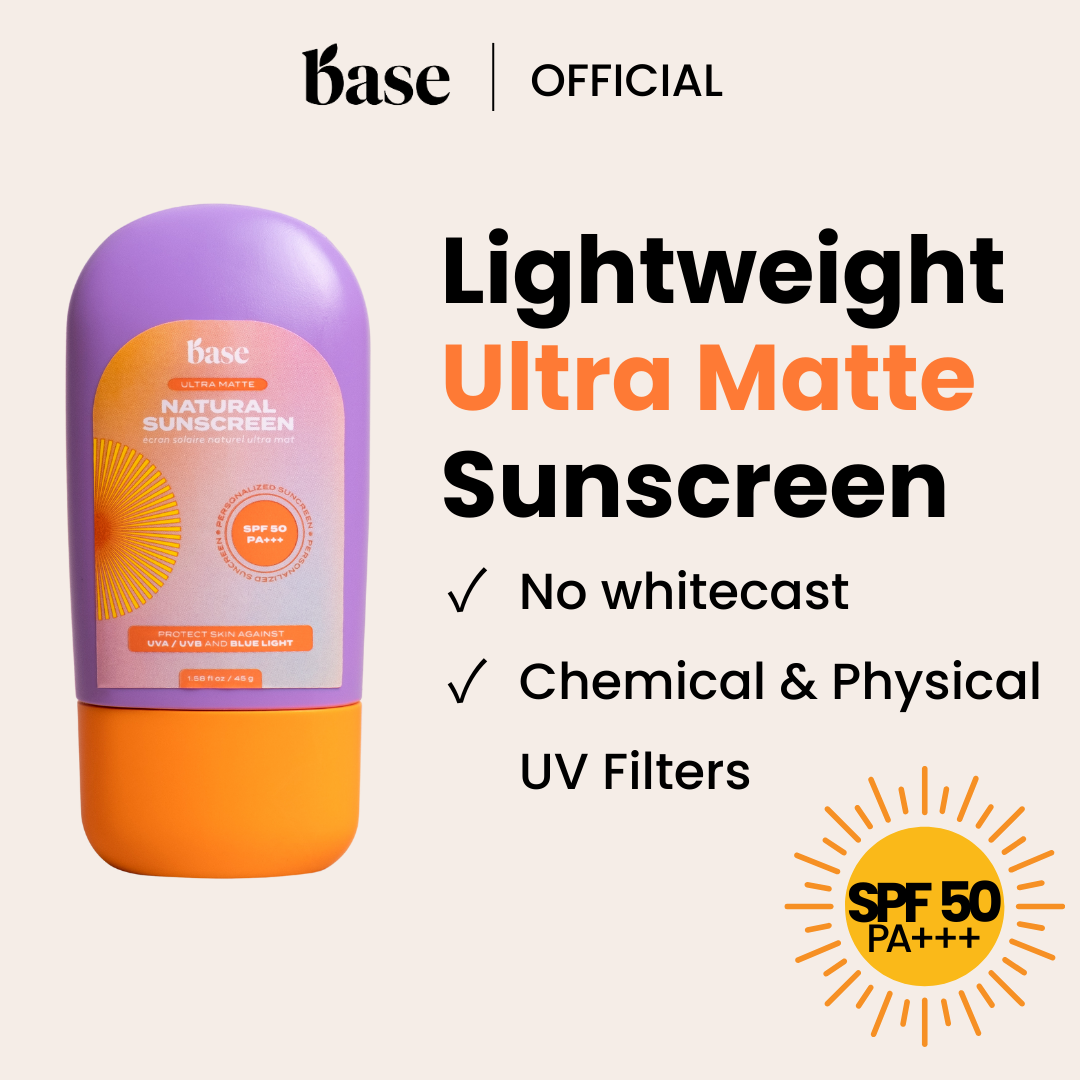
The Ultimate Guide to Sunscreen: Why It’s Important and What to Look For
Sunscreen is one of the most essential tools in skincare, yet it’s often misunderstood or overlooked. Whether you’re a skincare enthusiast or just starting your routine, understanding sunscreen is crucial for protecting your skin from damage. We’ll help answer key questions about sunscreen, including its importance, what makes a good sunscreen, and how to choose the right one for your needs.
Why Is Sunscreen Important?
Sunscreen protects your skin from harmful ultraviolet (UV) rays emitted by the sun. UV rays are classified into two types:
- UVA Rays: These penetrate deep into the skin and contribute to premature aging, wrinkles, and loss of elasticity.
- UVB Rays: These primarily affect the skin’s surface, causing sunburn and increasing the risk of skin cancer.
Using sunscreen daily can:
- Prevent skin cancer by blocking UV-induced DNA damage.
- Reduce signs of aging, such as wrinkles and fine lines.
- Prevent hyperpigmentation and dark spots caused by sun exposure.
- Preserve the skin’s natural barrier, keeping it healthy and hydrated.
What Makes a Good Sunscreen?
A good sunscreen should offer the following:
- Broad-Spectrum Protection: Protects against both UVA and UVB rays.
- SPF 30 or Higher: Ensures sufficient protection from UVB rays, blocking at least 97% of them.
- Water Resistance: Essential if you’re swimming, sweating, or spending extended time outdoors.
- Suitable for Your Skin Type: For example:
- Oily skin benefits from lightweight, non-comedogenic formulations.
- Dry skin thrives with cream-based sunscreens containing hydrating ingredients.
- Sensitive skin fares better with mineral-based sunscreens containing zinc oxide or titanium dioxide.
- Free of Harsh Additives: Avoid sunscreens with alcohol, artificial fragrances, or other irritants if you have sensitive skin. (P.S. None of Base’s skincare products have these ingredients anyway)
Must I Wear Sunscreen Every Day?
Yes! Sunscreen should be worn daily, regardless of the weather or your activities. Here’s why:
- UV rays can penetrate through clouds, meaning your skin is still at risk on overcast days.
- UVA rays can pass through glass, so you’re exposed even indoors or in your car.
- Cumulative exposure to UV rays adds up over time, accelerating skin damage and aging.
What Is Broad-Spectrum Sunscreen?
Broad-spectrum sunscreen provides protection against both UVA and UVB rays:
- UVA Rays: Cause long-term damage, such as aging and skin cancer.
- UVB Rays: Cause immediate damage, such as sunburn and DNA mutations.
Using a broad-spectrum sunscreen ensures that your skin is comprehensively protected from all forms of sun-induced damage.
What’s the Difference Between SPF and PA in Sunscreen?
- SPF (Sun Protection Factor): Indicates the level of protection against UVB rays. For example, SPF 30 blocks 97% of UVB rays, while SPF 50 blocks 98%.
- PA (Protection Grade of UVA): Indicates the level of protection against UVA rays. The PA grading system uses a “+” system to denote effectiveness:
- PA+ offers some UVA protection.
- PA++ offers moderate UVA protection.
- PA+++ offers high UVA protection.
- PA++++ offers extremely high UVA protection.
Both SPF and PA are important for comprehensive sun protection, with SPF focusing on UVB rays and PA addressing UVA rays.
What Is PA+++ in Sunscreen?
PA+++ is a rating that signifies high protection against UVA rays. UVA rays penetrate deeper into the skin than UVB rays and are primarily responsible for aging and long-term damage. A sunscreen with a PA+++ rating is ideal for anyone concerned about premature aging, hyperpigmentation, or overall skin health.
Why Customers Love Base Sunscreens
Our sunscreens are a crowd-favourite because they offer all the sun protection you need, and you can choose your preferred finish. The Ultra Soothe Sunscreen is perfect for normal to dry skin, as it contains adaptogenic Cherimoya to reduce redness and skin sensitivity. On the other hand, the Ultra Matte Sunscreen has a flawless matte finish while helping to control oil and prevent clogged pores. Both sunscreens are also enriched with Carrot Oil and Ectoin for complete protection from Blue Light (HEV), UV damage, and free radicals.
Conclusion
Sunscreen is a must-have in any skincare routine, offering critical protection against UV rays that cause premature aging, sunburn, and skin cancer. Look for a broad-spectrum sunscreen with SPF 30 or higher and a PA+++ rating to ensure comprehensive protection. Remember, sunscreen is a daily commitment—whether it’s sunny, cloudy, or even indoors, your skin deserves protection.
Why Customers Love Base













